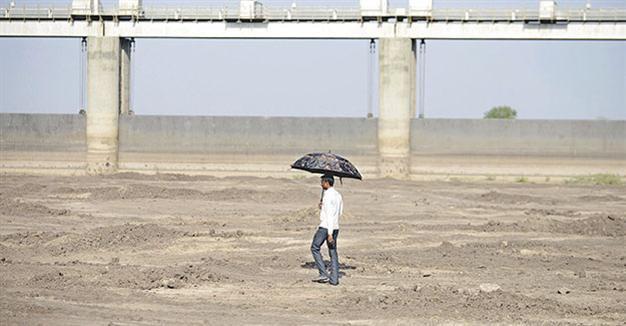A leadership priority: Climate change mitigation and biopolicy
Agni Vlavianos Arvanitis President and Founder, Biopolitics International Organization

Technology offers countless solutions to our current problems and can play a pivotal role in climate change mitigation. We just need to take action. Without new measures, we will remain entrenched in a framework that regards progress as a movement toward higher levels of consumption instead of growth and wellbeing. An extensive review of alternatives can identify the most effective means for a radical change of course for the future of our global society.
The recent decisions at the COP21 meeting in Paris are encouraging, as world leaders agreed on a common target for a global climate agenda. Successfully confronting the economic, environmental, and above all, the crisis in leadership, needs this positive vision in order to unite world leaders in a joint cause and steer innovation towards a new paradigm.
Every institution and every individual can be involved in this new paradigm shift for the reversal of destructive trends. The Marmara Group Foundation has repeatedly brought this issue into the limelight by sponsoring meetings at the highest level, with decision makers from government, business and academia sharing their views on building a brighter future. This is also the mission of the Biopolitics International Organisation (B.I.O.), which places as a priority changes in attitudes, increased awareness in policy making, and a greater focus on ethics and social responsibility for climate change mitigation.
Shaping technological innovation in the direction of climate change mitigation is a hard and ambitious task. It calls for changes in the forces that drive innovation, including finance, business interests, and consumers. It calls for greater transparency of scientific and technological enterprises, enabling societal actors to better monitor, assess, forecast and influence developments at an early stage. It also calls for a new and comprehensive view of the scientific and technological foundations of society, a society which can respond to humanity’s needs and aspirations. And, above all, it calls for new forms of governance and a new vision in leadership.
The climate change challenge also tests our social, political and economic institutions beyond their current capacities. With the impacts of climate change reaching deeper and deeper into human society over the coming decades, the development of policies to reduce environmental dangers will force us to question the way we think about the entire basis of modern society. Along with climate instability, social tensions resulting from unemployment and inequality, as well as threats to human security and welfare, point to the urgency for a new policy agenda capable of addressing deep economic and social matters. A positive future necessitates an integration of economic growth with viable models and strategies for economic development that maximize human welfare while minimizing demands on natural resources.
 Technology offers countless solutions to our current problems and can play a pivotal role in climate change mitigation. We just need to take action. Without new measures, we will remain entrenched in a framework that regards progress as a movement toward higher levels of consumption instead of growth and wellbeing. An extensive review of alternatives can identify the most effective means for a radical change of course for the future of our global society.
Technology offers countless solutions to our current problems and can play a pivotal role in climate change mitigation. We just need to take action. Without new measures, we will remain entrenched in a framework that regards progress as a movement toward higher levels of consumption instead of growth and wellbeing. An extensive review of alternatives can identify the most effective means for a radical change of course for the future of our global society.